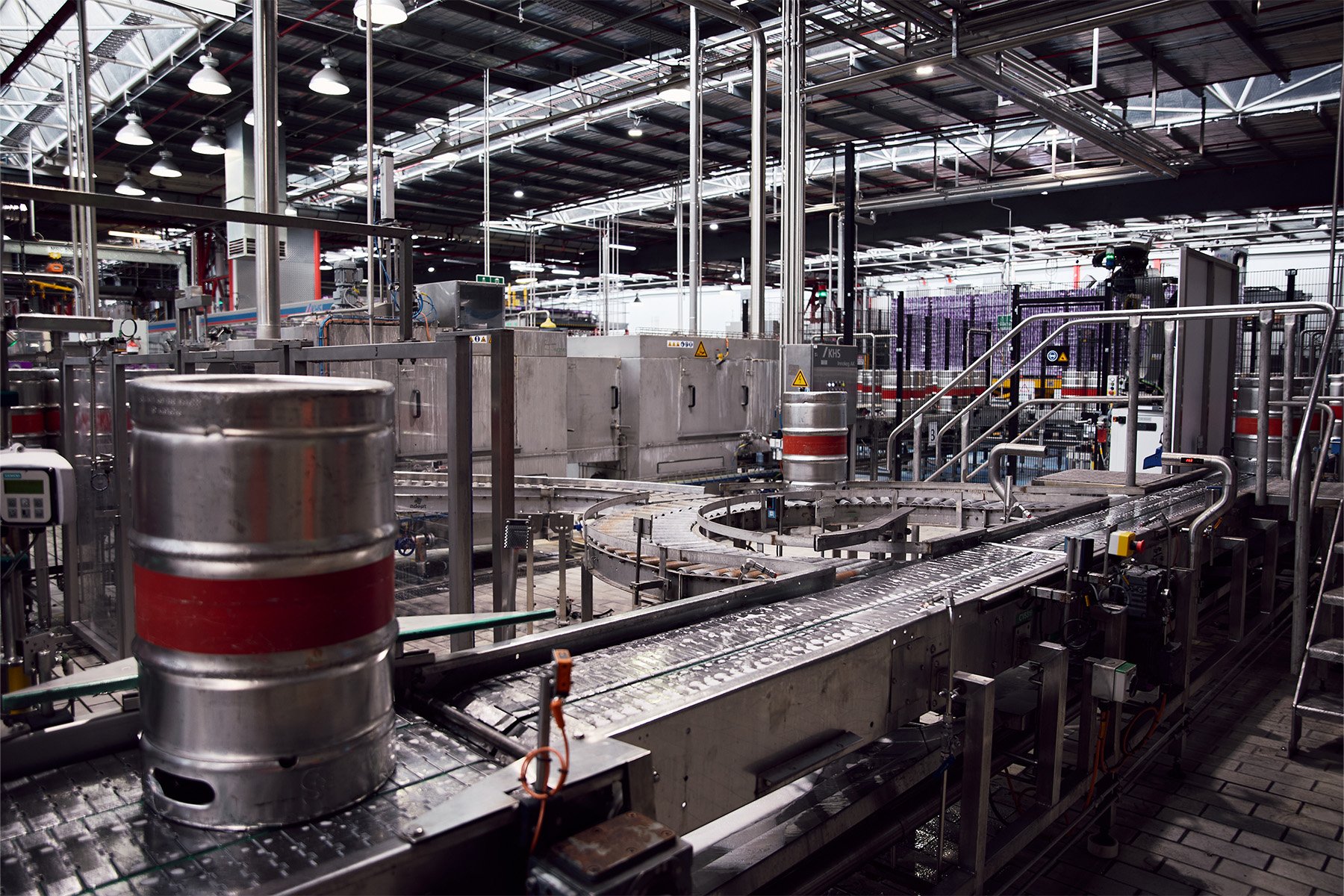Gartner research indicates that 10-15% of organisations will take advantage of BIG Data to improve their operational performance. As a result, these businesses are predicted to outperform their competitors by an incredible 20% across all major financial metrics.
Here we explain why…
Why BIG DATA?
New insights and knowledge are truly transforming how effectively managers are running their businesses.
The points from which data can be collected across an organisation (think bar codes, GPS, sensors, smart meters and even social media) are growing rapidly. This increased volume and granularity of data is being collated by information systems which can deliver important insights in real-time.
Combined with data from traditional sources such as historians, PLCs, your ERP and other IT systems the contextualised data is transformed into information that is truly valuable and can make your operation more initiative and responsive.
But how does this information equate to dollars on the bottom line?
Big Data helps...
1. Exceed customer expectations
Consumers today want products that define and extend their character. Not simply satisfied with great quality, consistent supply and long shelf life, consumers want brands that are responsive to social trends and interact with them. Successful brands build relationships with consumers in ways that suggest ownership. Data which enables manufacturers to meet these expectations is no longer nice to have and it comes from non-traditional sources (such as social media).
One example is how a large soft drink manufacturer handles consumer complaints. These are received via traditional forms (such as telephone hotlines) and social media. Within 60 minutes of the complaint being received, the manufacturing facility, production line and shift manager are automatically identified and notified enabling the business to react quickly to issues which can escalate quickly in social media forums.
2. Enhanced visibility
What if your logistics manager could access information which showed the most fuel and time-efficient route for a driver to take? Big data can show you this, combining In-Vehicle Management systems, live traffic and weather conditions with the daily delivery schedule. Reliable and predictable pick-up and delivery schedules enable suppliers to meet the increasingly heavy demands of big retailers who may penalise late deliveries or even refuse to receive transports outside of a 15-minute window.
3. Unlock data-driven decision-making
What if you had data that showed that swapping one ingredient out for another variety could increase your yield by 5%, 10% or even 15%. What would this look like for you in dollar terms per week, per month or year? We have seen this exact scenario play out for a customer - data showed them that a new variety of raw products would increase their yield by 15% and it made an impact on the bottom line to the tune of over $1M per year! But, you need the data to back up such a change and track the financial effect it has.
4. Remove paper from the shop floor
What if a dynamic scheduling tool could incorporate all of your business factors and determine the most effective order in which to produce your products to minimise changeover time? And, what if this was linked dynamically with your demand reports? Imagine the spreadsheets you could do away with, not to mention your time!
5. Improve knowledge management
Observations and opportunities for continuous improvement can be hard to capture and maintain momentum towards change. Often, intelligence is lost as a shift ends or a staff member goes on leave. When they return, a new product may be running and the idea is lost until the next time, when it is observed again and no progress has been made on preventing it from reoccurring or effecting positive change.
Ready to unlock your data for decisions that matter?
In the US, Big Data is being heralded as a mega-trend, connecting information and driving the new age of digital manufacturing. But figuring out how to do it, how it will specifically help your business, is a big undertaking, and one that requires a deep understanding of manufacturing AND Information Technology.
Do a little research and reading, consider what you have already tried and what you haven't. Then, find an expert in this field to partner with you on the digital transformation of your business. One that can help you with a staged approach, identify the quick wins, keep the momentum for change cursing through the veins of your business and do what only someone outside of your business can do – gain alignment of cross-functional teams towards a greater goal.
Your business could be the one that is outperforming its competitive set by 20%.





